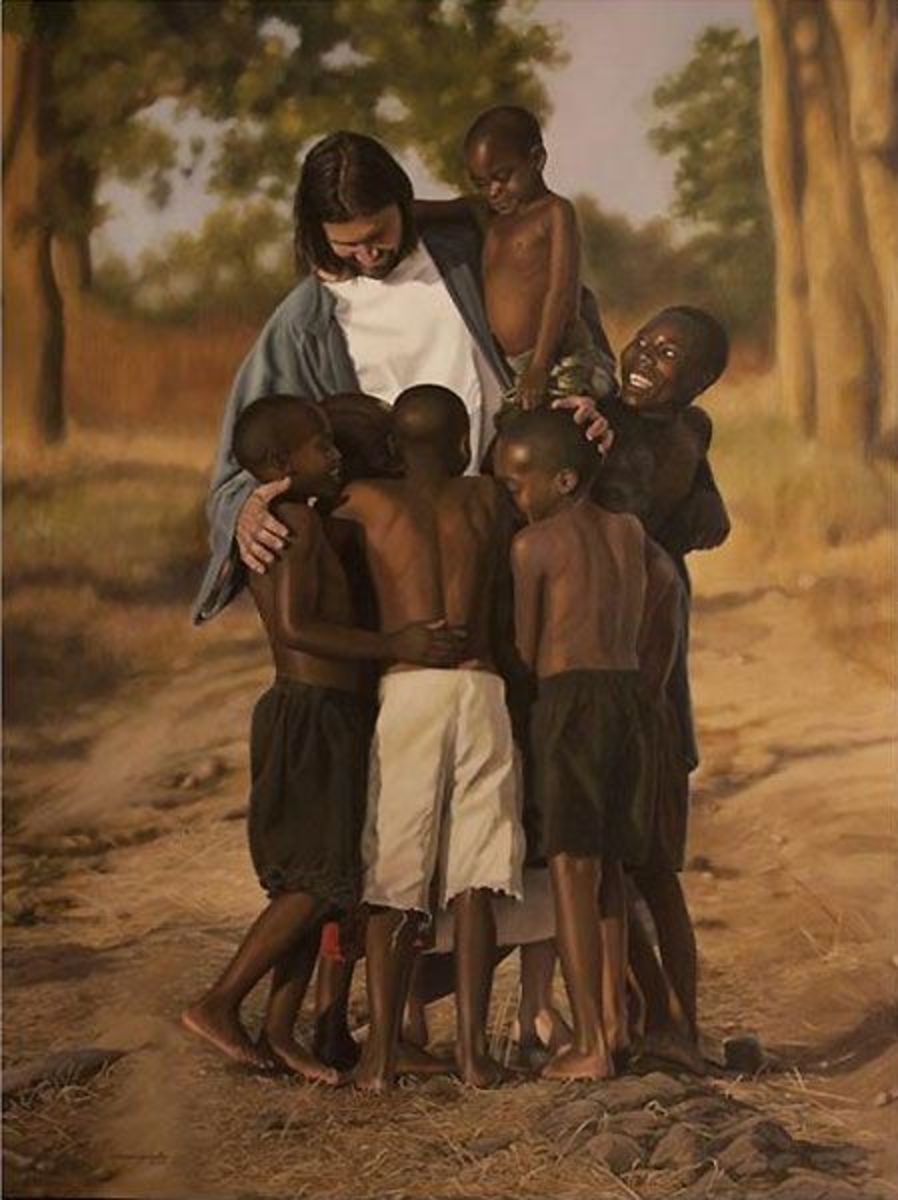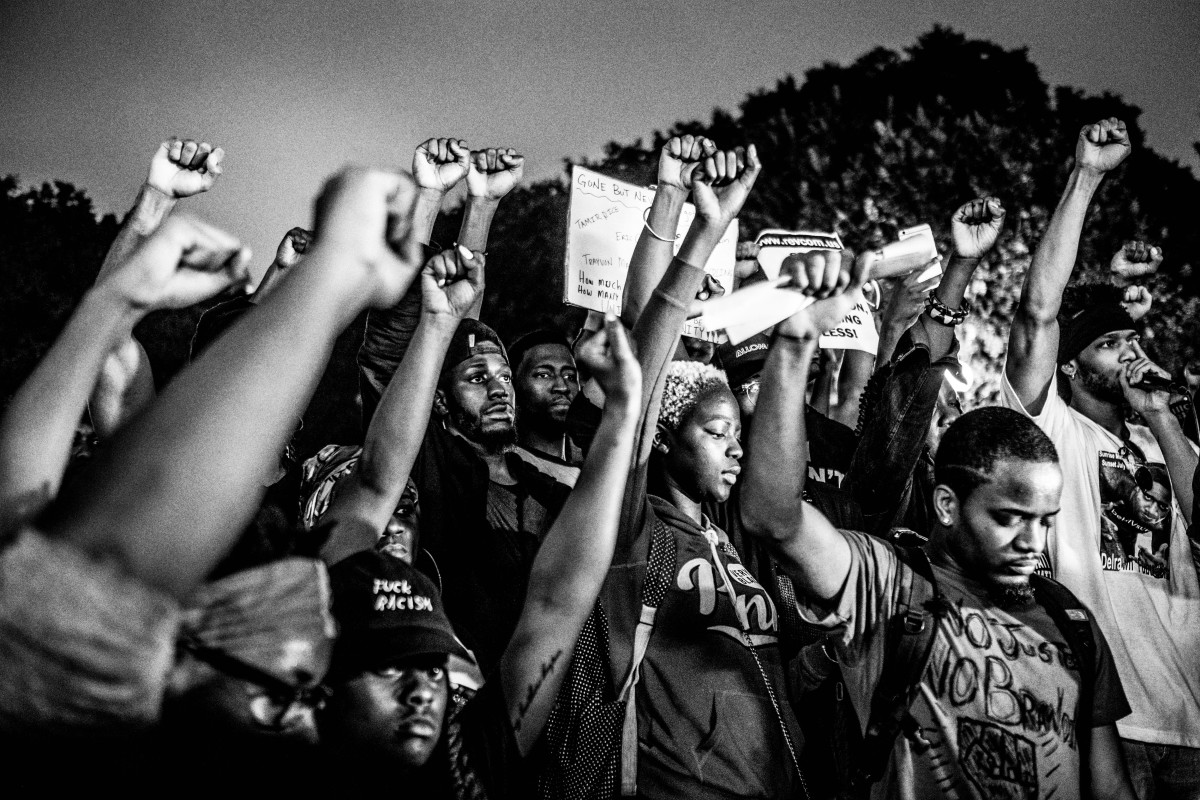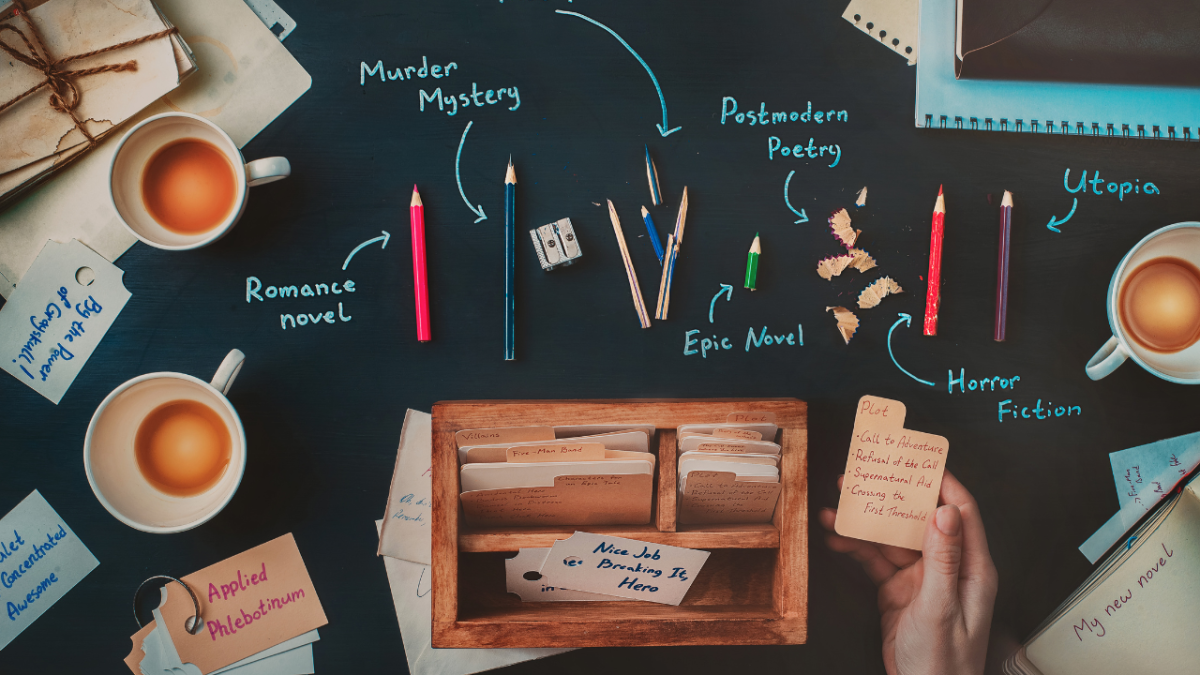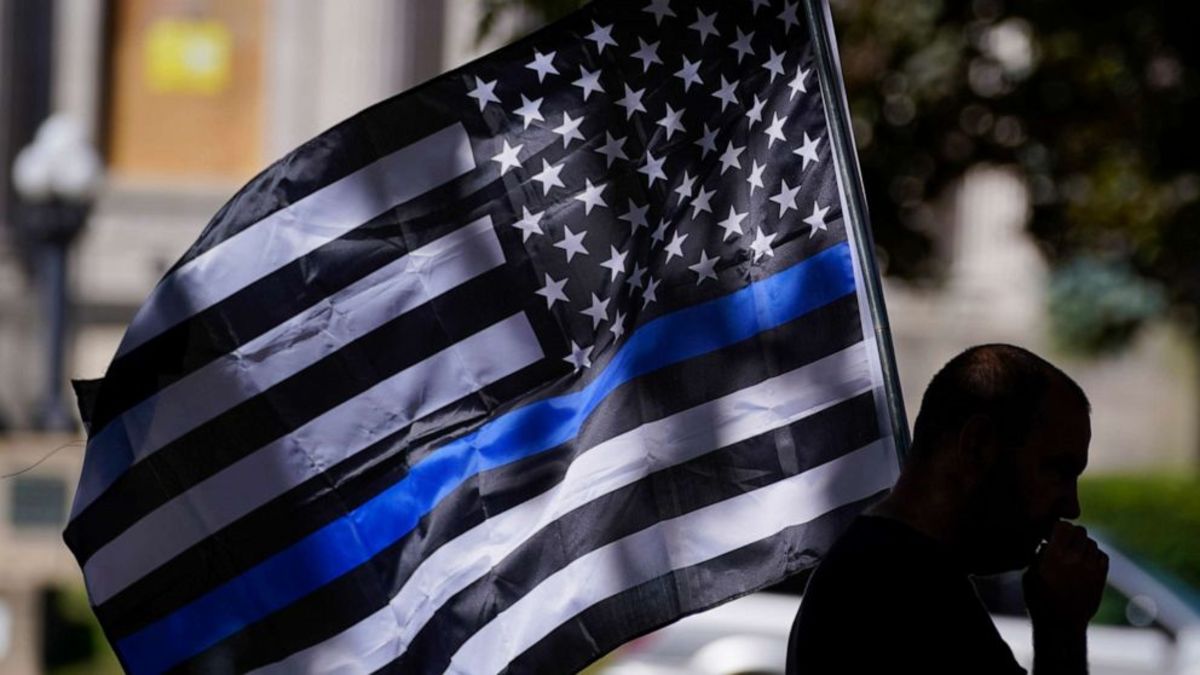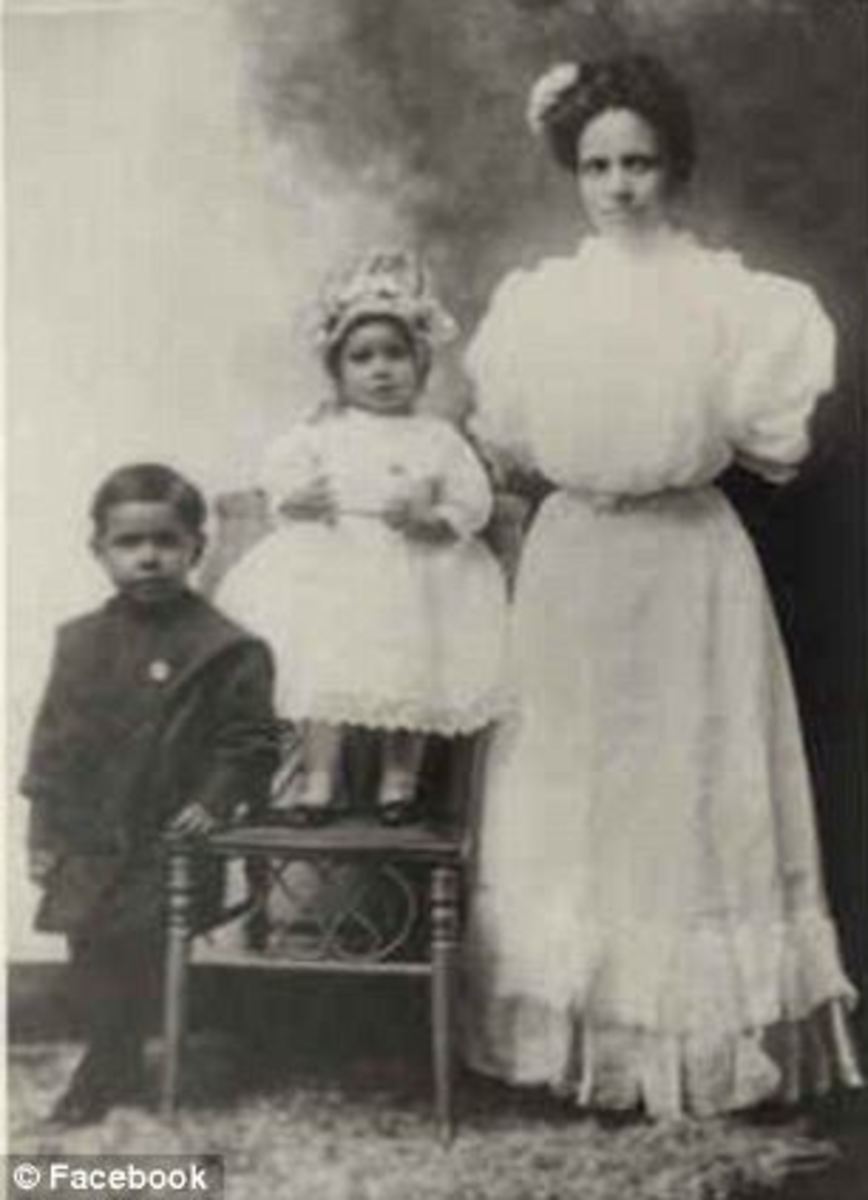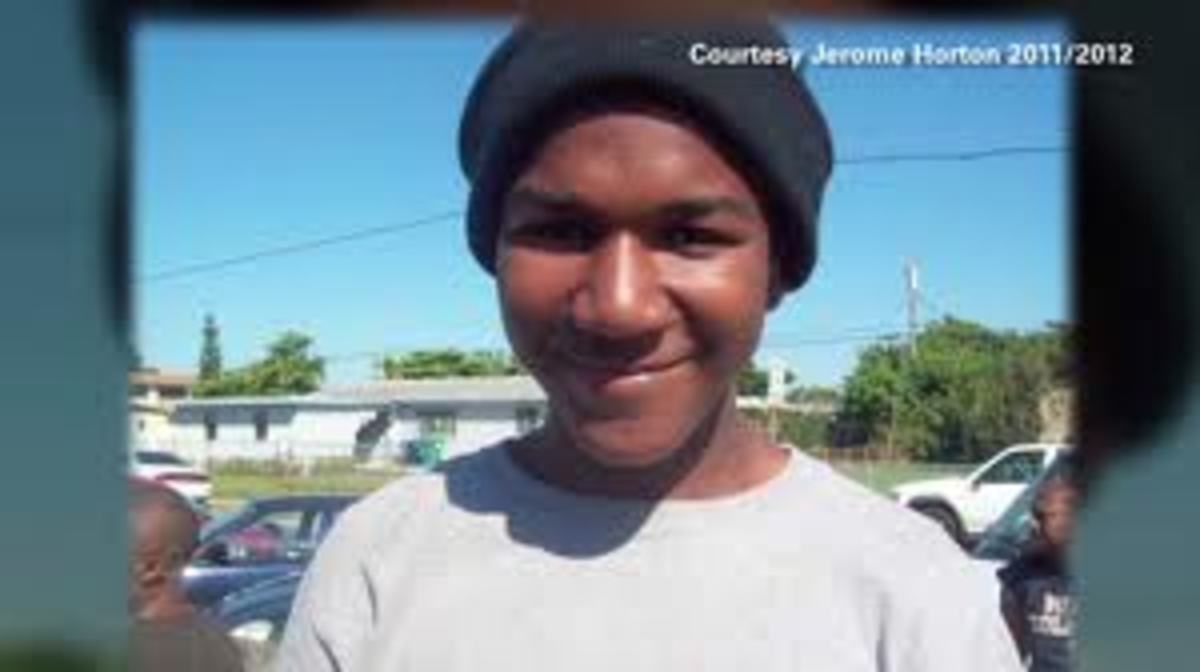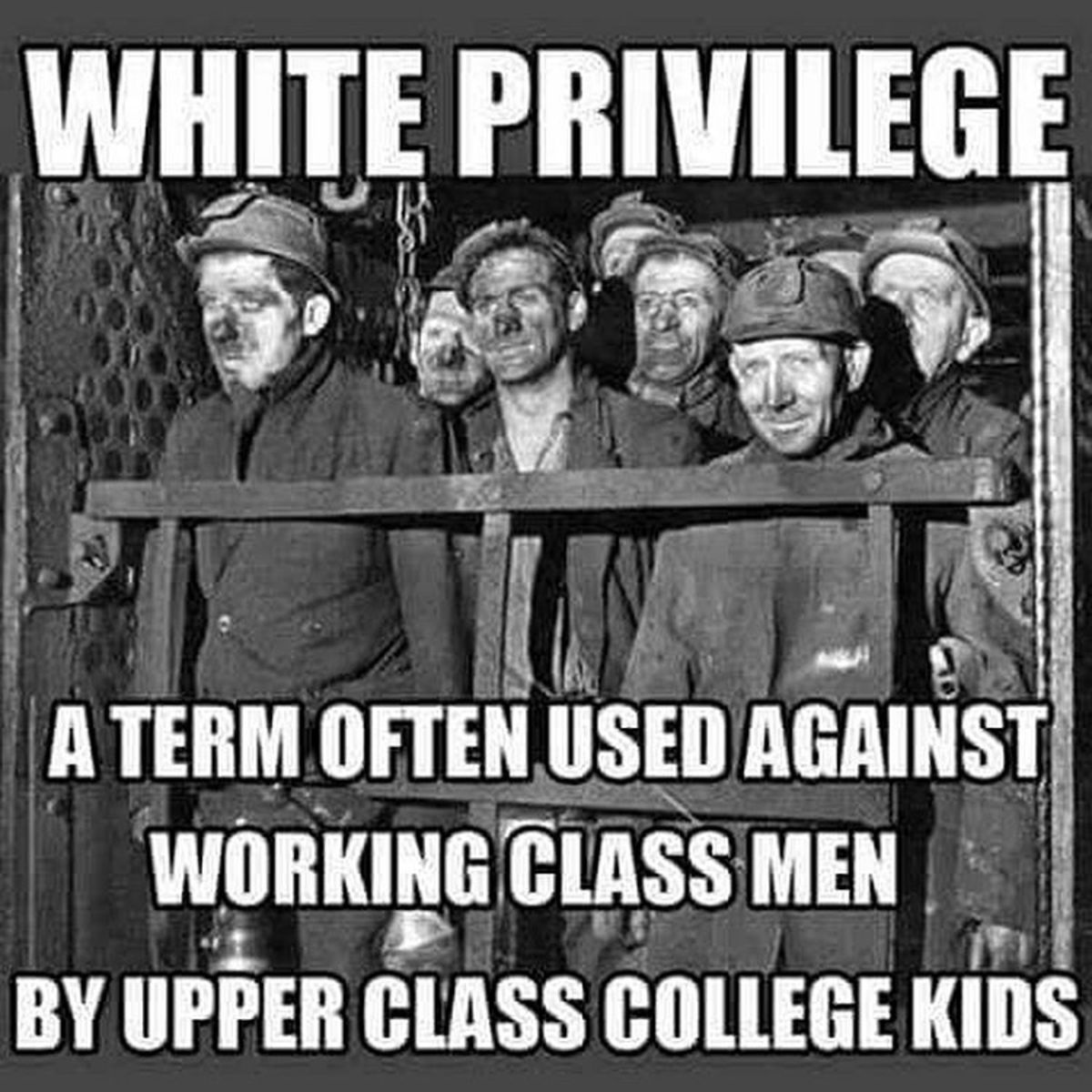The Resistance to Black Lives Matter International: An Observer's Point of View
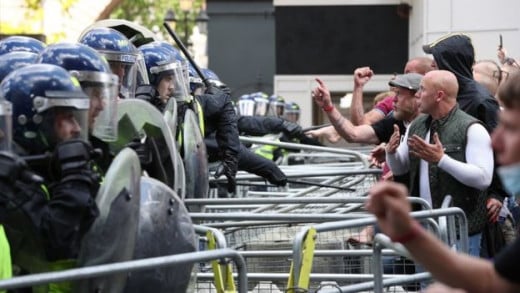
Since the murder of George Floyd, I have been involved in protests in my local city. And it was encouraging seeing people across generations, races, and genders coming together to stand up against corruption. However, I am also a traveler and what has been even more interesting to me is seeing how Black Lives Matter has gone global. Something about what happened here has touched long-buried nerves in other countries with similar problems. In other cases, it's just people trying to show support after genuinely being horrified.
Consider: In Belgium, statues King Leopold II are being either taken down, moved to museums, or defaced because of the well-documented atrocities he committed in the Congo region of Africa, and just recently Belgians have filmed their own police force using the same neck-kneeling technique on their protesters as was used on George Floyd.
In Britain, the statue of Edward Colston was taken down in Bristol for his past in trafficking slaves. Another statue of Queen Victoria was graffiti ed, saying “slave owner”. Another of Robert Milligan was taken down in East London. And now there are calls to remove the statue of Winston Churchill because of his feelings on race.
Germany has been host to Black Lives Matter rallies in cities like Hamburg, Munich, and Stuttgart. Many of these numbering in the tens of thousands...in Germany of all places! Australia has seen protests with their own citizens and the ingenious Aborigine people together. Even Japan is following suit.
That there were racial tensions in these countries at all was nothing new, with many people being aware of it already. However, because it was relatively subdued compared with the rest of society, or perhaps not reported as much, it didn’t get so much attention. Australia has a known history of racism and conflict with the Aborigines. France has had issues with African migrants and Gypsies for the past decade. These were facts nearly everyone in those countries knew about, but were willing to set aside, just part of the everyday status quo, or thought that everything was somehow still okay.
The Black Lives Matter movement has now-thanks in no small part to COVID 19 and the quarantines - rattled that comfortable snow globe, and many people are getting more and more upset about it. While there are many overlapping elements in the reasons for this resentment, there are also many different factors as well.
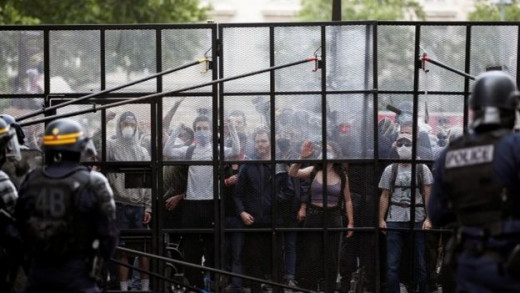
It’s About Where You Come From
The big one I see being that in many of these countries, those in Europe particularly, place a great importance on their cultural history and identity. Each of these countries has a certain amount of pride in their contribution to global civilization, even if it is no longer as imperialistic as it once was. Part of this is the acceptance that they were not the nicest place to be for most of their history. Case in point, Europe, which has had arguably more wars there between the fall of the Western Roman Empire in 111 B.C.E. and the Balkans conflict in 1991 than most other places in the world. Inquisitions and witch hunts went hand in hand with the Renaissance and the Enlightenment. And I don’t think I need to go into the World Wars.
There hasn’t been a major war between the European nations since 1945, with the Balkan wars in ‘91 being a series of devastating ethnic conflicts between the local populations, with some NATO support later on. Pre-COVID, the economies prospered very well, making them First World nations. Race was not high on the list of major issues. Most prejudices were rooted in ethnicity rather than race. Where you came from rather than what you looked like. There is a difference.
Not at least until the immigrant crisis blew up regarding refugees fleeing the Syrian Civil War in 2011. Even then though, the issue didn’t involve brutality from the authorities or systemic prejudice within the European institutions themselves
Yet, I get the feeling from conversations and history overall, that many people accept these dark elements and in their own views, have moved on. The good and bad kind of blur together rather than one or two parts sticking out. There appears to be an expectation by many critics of the movement to just get over it. History is ugly. Get over yourselves and move on, without these people ever realizing that it's not past history: its current and has never stopped.
The Mirror That Reflects Your Soul
BLM has forced the proverbial mirror into the face of those systems, reflecting how their internal views of race and ethnicity, even if in the past, have affected their own many of their own populations. The problems were always there, but either drowned out in the overall peace and prosperity, or other economic and international concerns. I dare say that at best, racism was thought to be more of an American thing than anything else.
Many of the people carrying these movements globally grew up more aware of the ideal that people should get along and be civil across cultures, beliefs, and other differences. And while they may have heard of Martin Luther King Jr and Malcom X, like with American protesters, they weren't there to experience their impact. They were just footnotes in history from a distant country. And positive, moral traits that should be practiced were bundled into one package rather than individually wrapped for different communities.
And this is where George Floyd’s death made its impact. The internet has made communication instantaneous. As long as the feed isn't blocked or censored, you can find out almost immediately what happened half a world away. And the quarantines across the world are leaving people with Cabin Fever, energies trapped within the confines of their homes and unable to go outside to release them by chilling with friends and family.
These three elements of upbringing, technology, and pandemic combined into a tidal wave that not only disrupted that sense of security, but also questioned the national sense of identity. They bring up darker elements to their story that supporters were either unaware of, disregarded, or not thought to be specifically important. Statues are inanimate objects, but are also tangible markers of what makes whomever built it important: their legacy. That legacy is the skeleton around which many people see themselves as.
Anti-racist rallies, BLM protesters, and the few rioters threaten to shatter that image that their heritage is something to be proud of. That sins of the past still linger over the living, whether they want it to or not and no one seems to know how far it is going to go. In American culture, the individual is responsible for their own actions and self-image. Almost nothing is inherited and certainly not anything like titles or endowments. The feeling overseas however is that it is much harder to rebuild identity outside of the U.S., where your history and culture go back thousands of years and is a bedrock to the current lifestyle.
It’s Not Our Problem
The problem is similar to over here. The lived experiences of those who had to deal with racism and those who did not, are two different worlds within the same community. Because of that gap, it becomes easier to judge the other in a negative light as chaotic and destructive forces, without understanding why. It becomes even messier when throwing into the mix how those negative elements benefited the positive aspects of your lifestyle and personal image, even if you didn’t hold your ancestors’ values. So the mantra seems to be this:
If you have to question an institution, fine have at it. But don’t touch the pillars that created that community and what made it the ‘peaceful’ society it is today.
That to me as an observer, is generally why some people feel threatened by Black Lives Matter across the world. An unspoken belief of: It was only supposed to be American problem.

